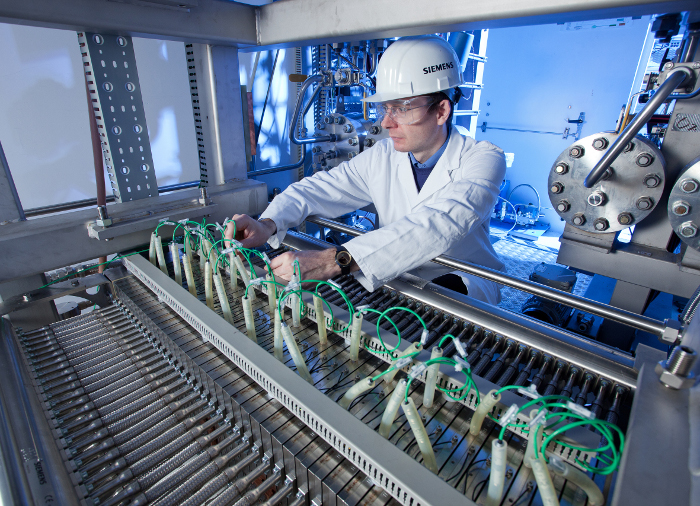Kawasaki Breaks Ground on World’s First Centrifugal Hydrogen Compressor for Liquefaction Plants
Kawasaki Heavy Industries, Ltd. has begun construction of a groundbreaking demonstration facility for the KM

Chinese researchers from Shenzhen University and Nanjing Tech University have developed a seawater electrolysis system (SES) for the direct electrolysis of seawater, without side reactions or corrosion. The new system works by self-driven water migration, avoiding the need for a separate desalination process. The energy consumption is reportedly similar to that of industrial alkaline electrolysis with pure water. The lab-scale electrolyzer produced hydrogen from seawater for over 72 hours, with average voltages of approximately 1.95 V and 2.3 V at current densities of 250 mA cm−2 and 400 mA cm−2, respectively. The researchers say their method can be further developed and applied to other non-volatile liquids like highly concentrated acid, alkali and salt solutions for use in industrial wastewater treatment, and that further research is needed for the electrolyzer's compatibility with renewable energy sources.

Engineers at RMIT University in Australia have found that using sound waves to boost the electrolysis process in hydrogen production can increase the amount of hydrogen produced by 14 times and result in a net positive energy saving of over 27%. This innovation could potentially lower production costs and increase the availability of cheap, green hydrogen. The use of sound waves also prevents the build-up of hydrogen and oxygen bubbles on the electrodes, which can lower their activity and performance. The research team has filed for a provisional patent on the technology and plans to work with industry partners to integrate the technology with existing electrolysis systems.
